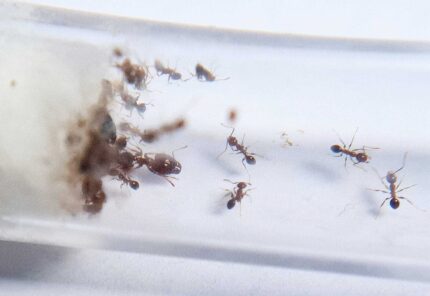
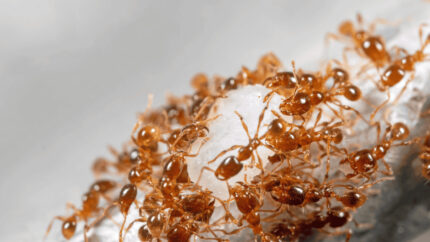
Pheidole nodus
139,90 zł – 439,90 złPrice range: 139,90 zł through 439,90 zł
Worldwide shipping
Free delivery over 999 PLN
The highest quality of goods
Live delivery guarantee
24/7 Personal Support
Fair Prices
Description
The Pheidole nodus ant colony is polygynous and can have up to 10,000 workers. They develop quickly and have a queen size of 7-9 mm, worker size of 3-4.5 mm, and majors size of 4-7 mm. They are dark brown with a reddish shade in the light. They are fed food insects, syrup, and fruits.
Additional information
| Behavior | |
|---|---|
| Difficulty in breeding | |
| Origin | |
| The size of ants | |
| Wintering |
Pheidole nodus
Colony Type
Colony Type: Polygyny
Colony Size: Up to 10 000 workers
Development Speed: fast
Size
- Queen: 7-9 mm
- Workers: 3-4,5 mm
- Majors: 4-7 mm
The ants have a beautiful dark brown color with varying intensity, and they exhibit a noticeable reddish shade when exposed to light.
Nutrition
- Food insects (such as cockroaches and crickets) dead, or live if colony is big
- Syrup (a mixture of water and honey or sugar, with a ratio of 4/3 water:1)
- Fruits and vegetables
- Jelly
- Cooked chicken without salt, shrimps
- Honey
- Seeds
Don’t forget to check out our food products to ensure a well-balanced diet for your colony!
Humidity and Temperature
- Humidity: Arena: 50-70%, Nest: 50-80%
- Temperature: Arena: 22-30 °C, Nest: 22-27 °C
A Feature of the Species: Aggressive Army and Polymorphism
Pheidole nodus ants are known for their aggressive nature and impressive army-like behavior. They are fierce defenders of their colony and can swiftly mobilize a large force to ward off intruders. Their aggression, coupled with their colony size, makes them a formidable species in the ant world.
Another striking feature of Pheidole nodus ants is their remarkable polymorphism. Polymorphism refers to the existence of distinct physical castes within a species. In the case of these ants, the majors with their larger heads represent a specialized caste that performs specific tasks within the colony. This polymorphism adds another layer of fascination to the already captivating world of Pheidole nodus ants.
Recommended Nests for Breeding
When it comes to providing suitable nests for breeding Pheidole nodus ants, several options are available. Acrylic nests offer transparency, which allows for easy observation and monitoring of colony activities. Cork nests provide a natural aesthetic and mimic the ants’ natural habitat. Plaster nests offer durability and insulation. Aerated concrete nests are lightweight and provide excellent ventilation. Each type of nest has its advantages, and it is important to choose the one that best suits the specific needs and preferences of Pheidole nodus ants.


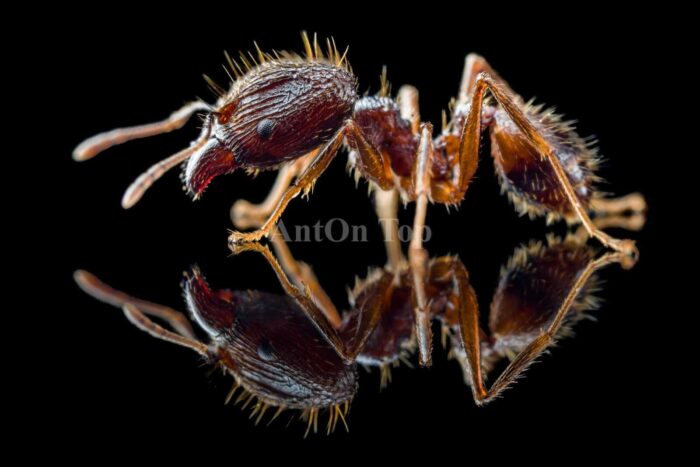
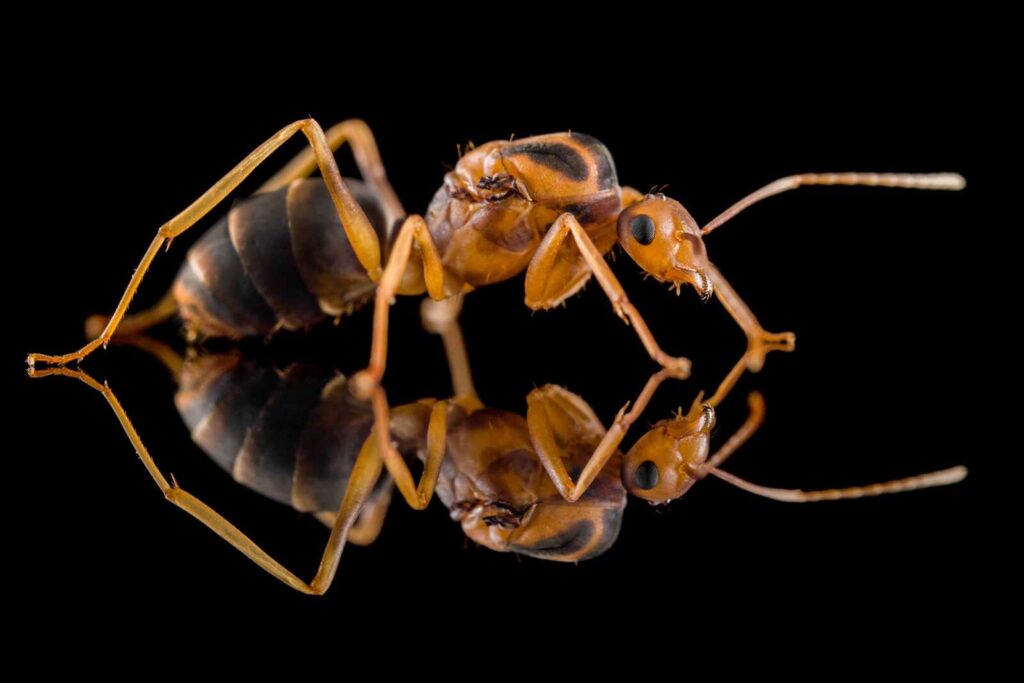
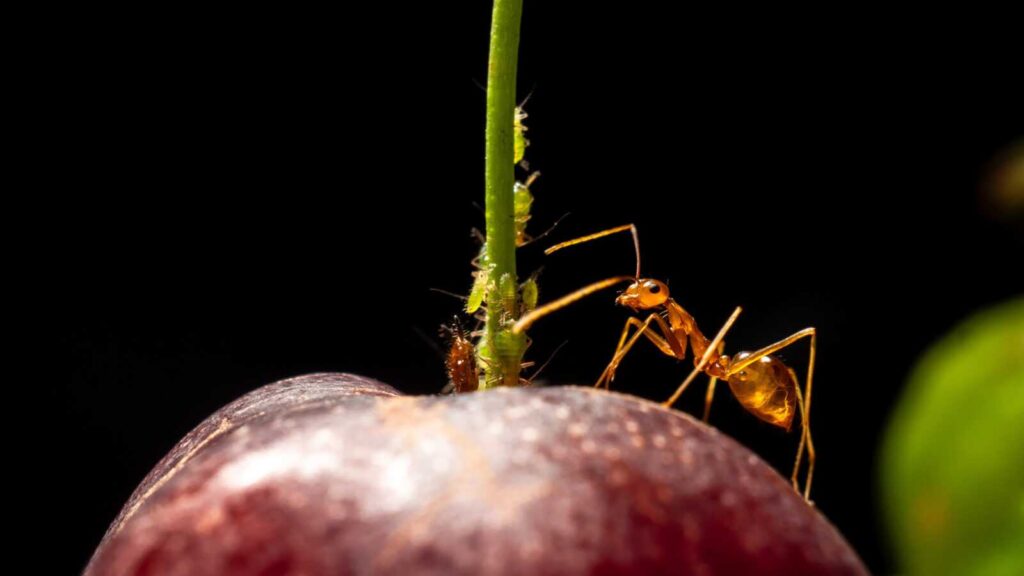
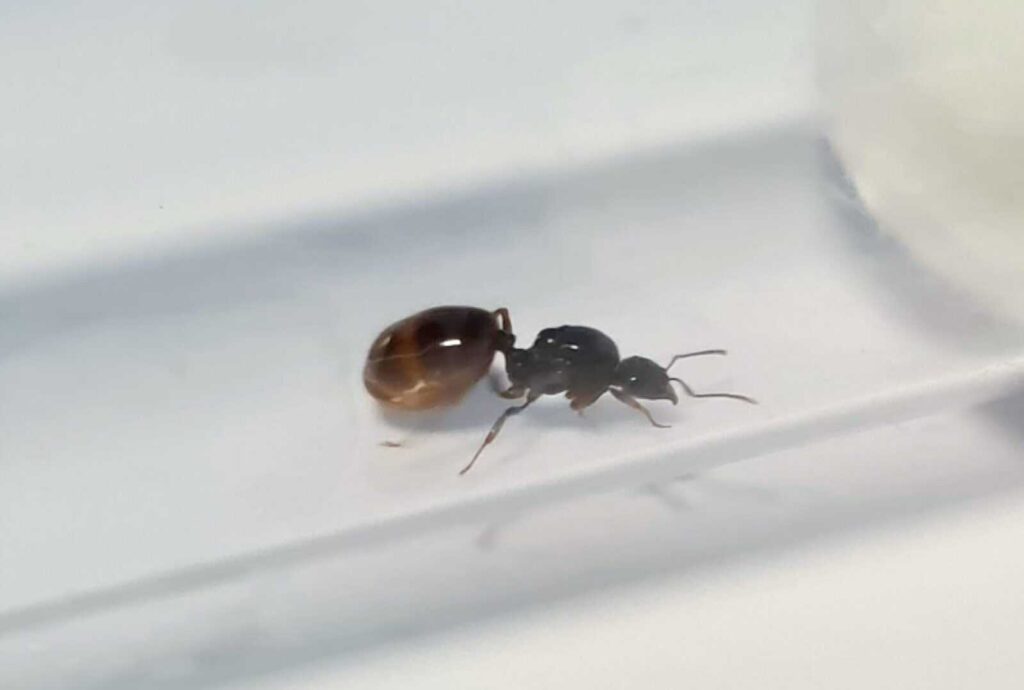
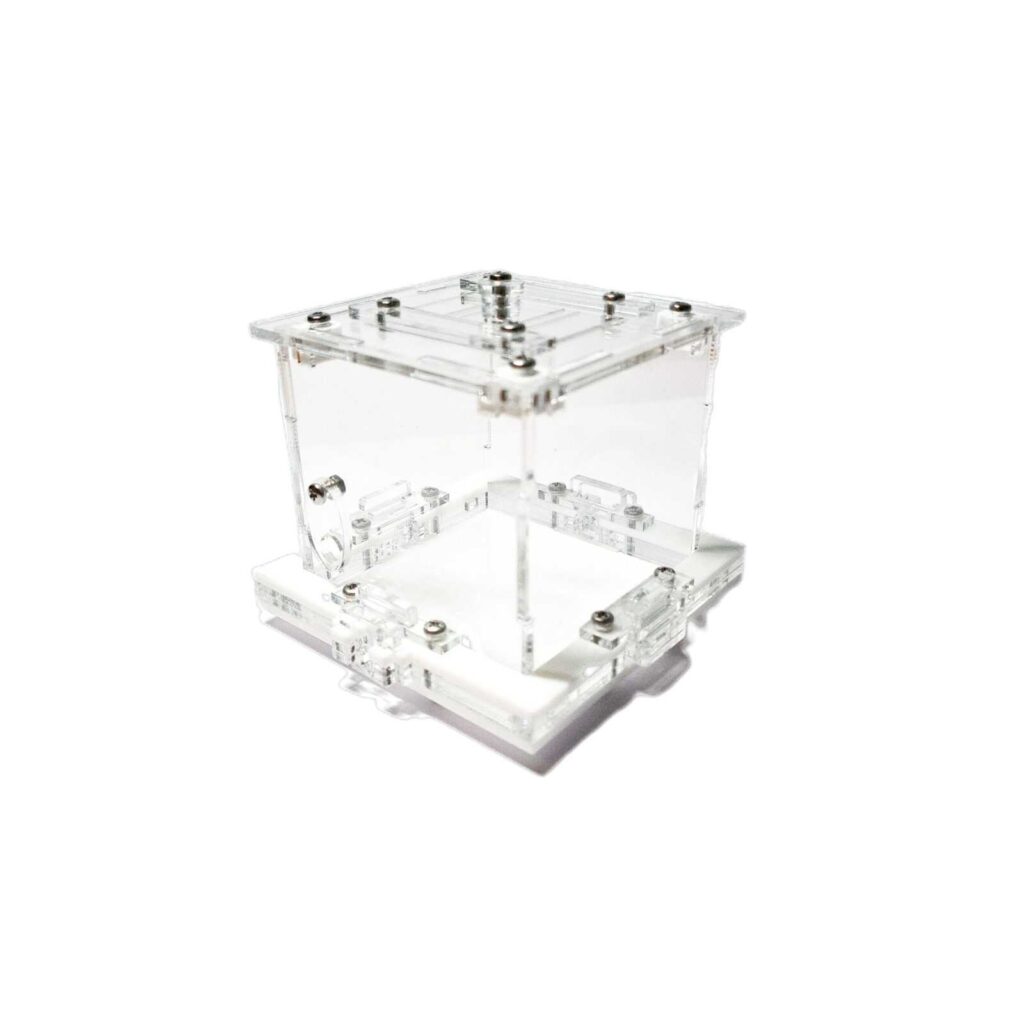
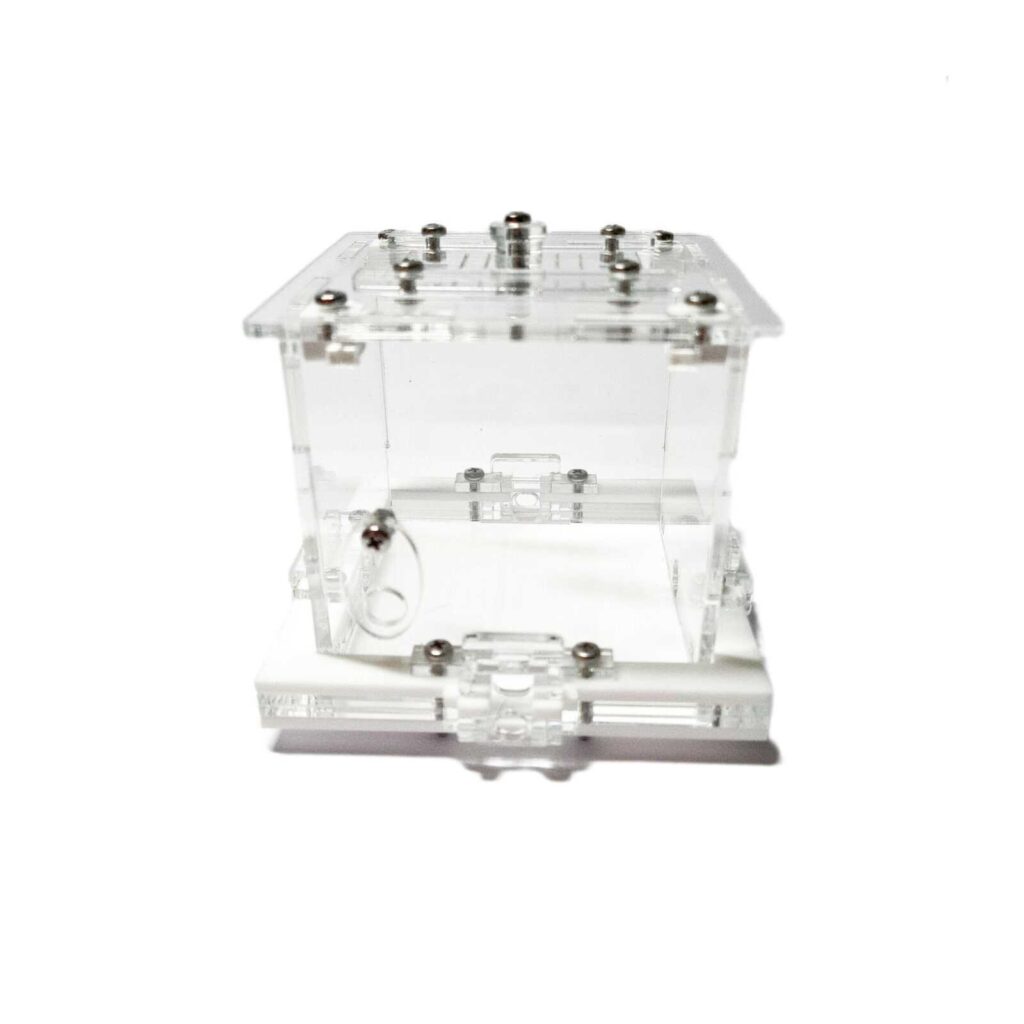
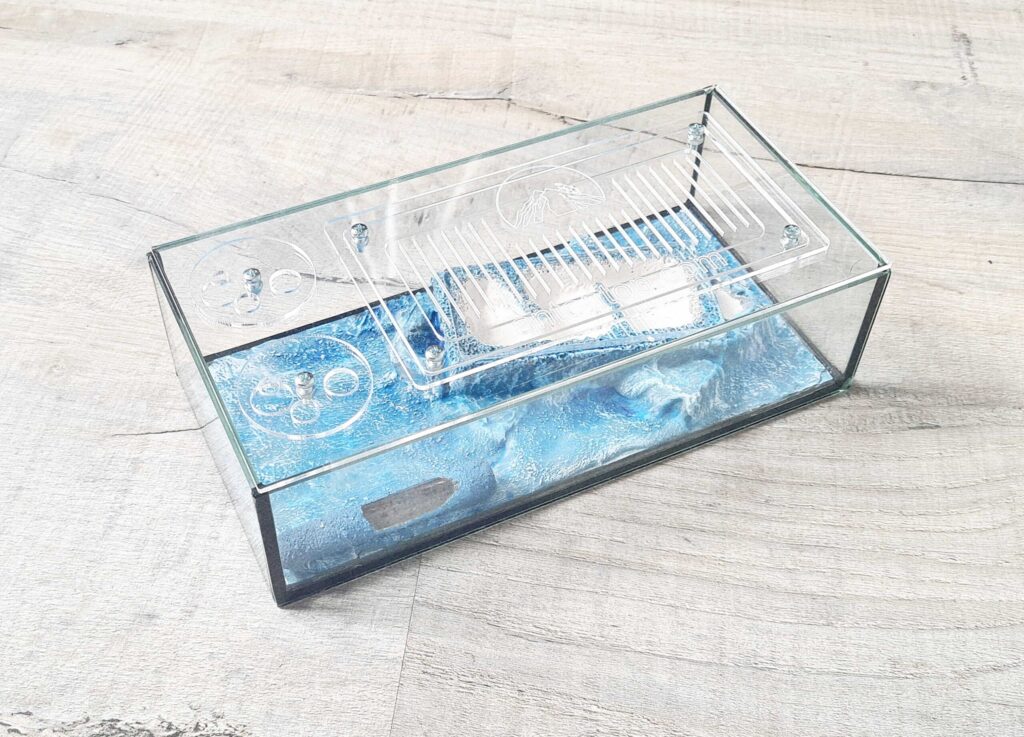
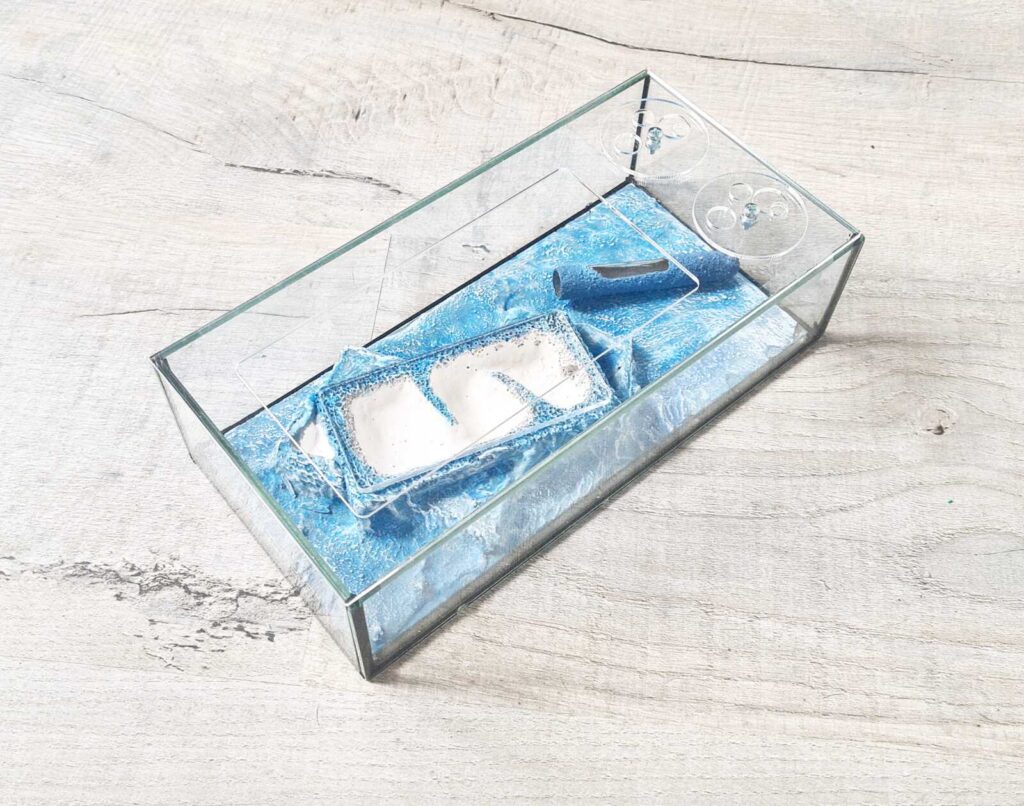
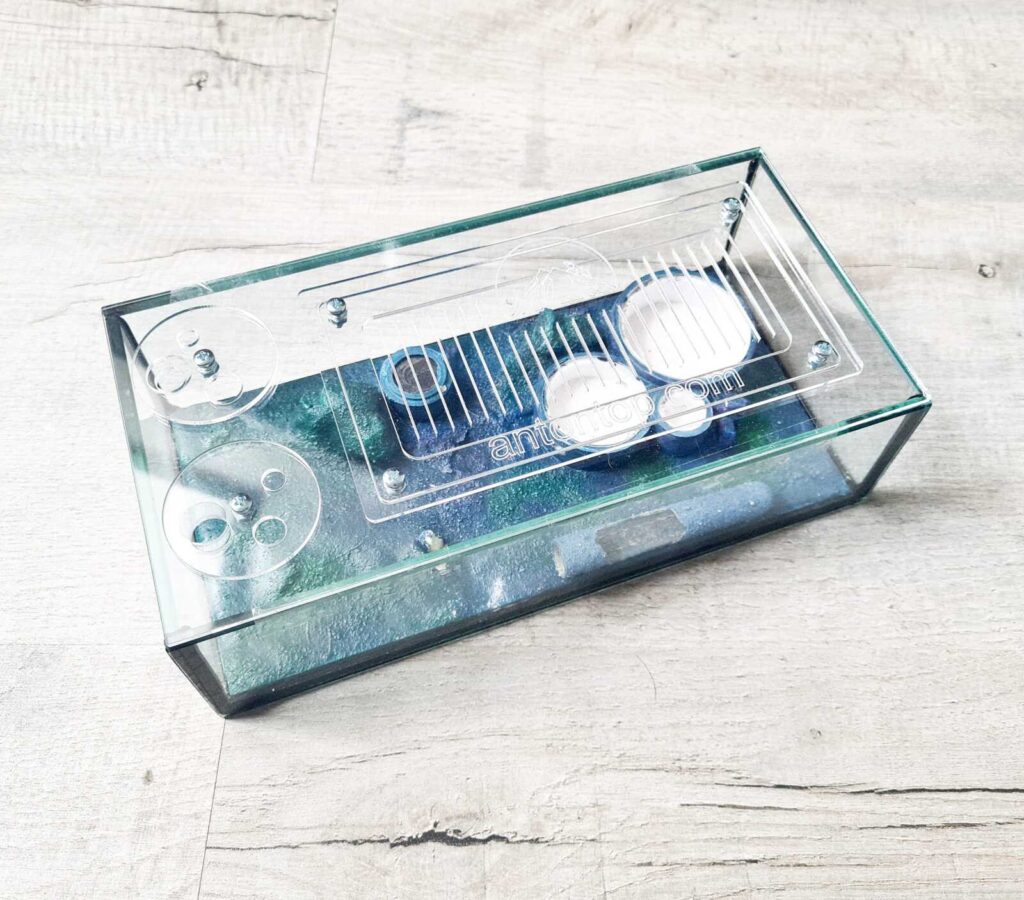
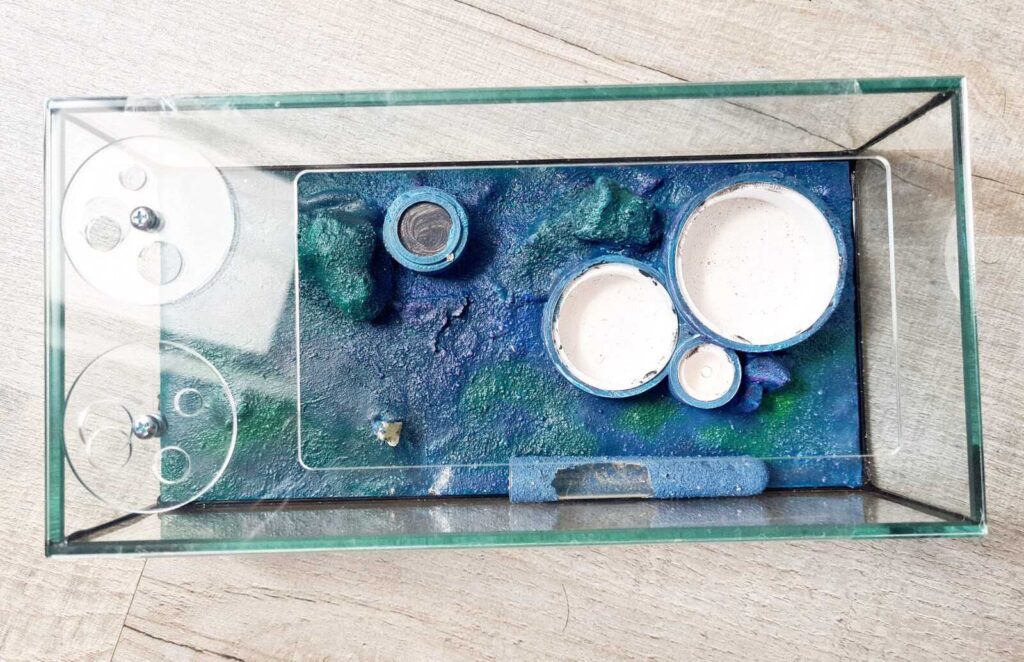
Reviews
Clear filtersThere are no reviews yet.